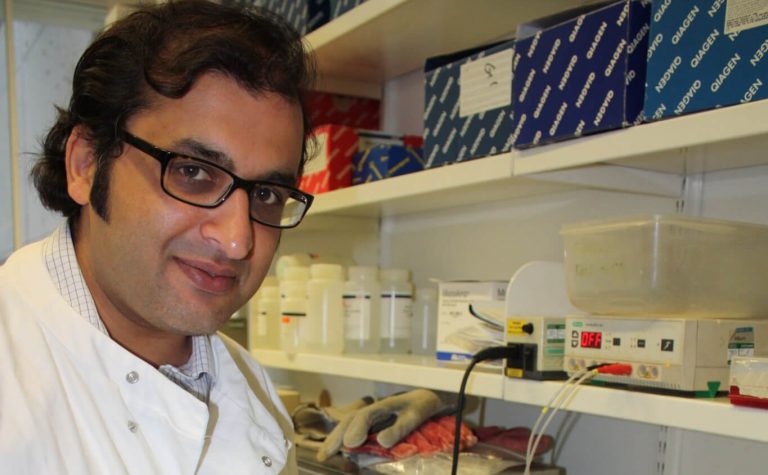
Developing immunotherapy for childhood sarcomas
Some childhood cancers don’t respond well to chemotherapy, but there is hope in the form of immunotherapy. Doctors
Read more
Childhood cancer immunotherapy using blood cells from umbilical cord blood
Immunotherapy is an important new approach in the treatment of cancer. In this project, Professor Waseem is pioneering an
Read more